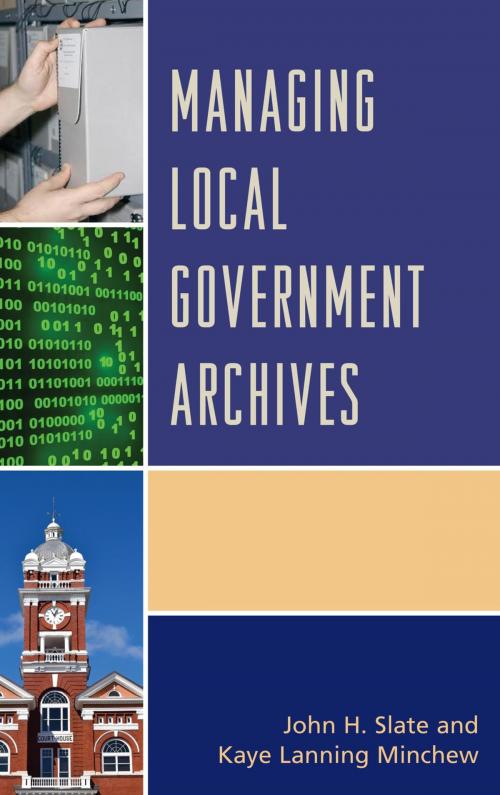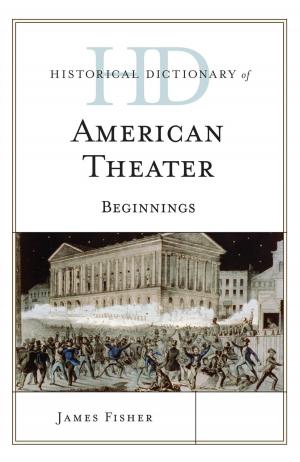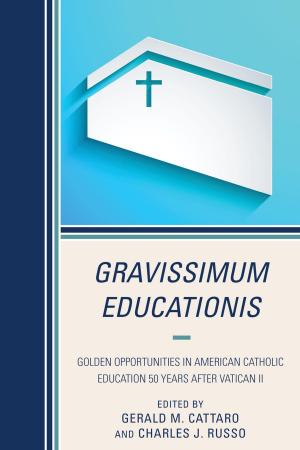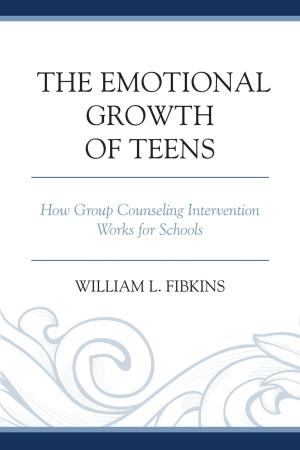Managing Local Government Archives
Nonfiction, Reference & Language, Language Arts, Library & Information Services, Social & Cultural Studies, Current Events, Political Science, Government, Local Government| Author: | John H. Slate, Kaye Lanning Minchew | ISBN: | 9781442263963 |
| Publisher: | Rowman & Littlefield Publishers | Publication: | June 23, 2016 |
| Imprint: | Rowman & Littlefield Publishers | Language: | English |
| Author: | John H. Slate, Kaye Lanning Minchew |
| ISBN: | 9781442263963 |
| Publisher: | Rowman & Littlefield Publishers |
| Publication: | June 23, 2016 |
| Imprint: | Rowman & Littlefield Publishers |
| Language: | English |
Here is a comprehensive, authoritative introduction to the elements of day-to-day operations of local government archives, with special emphasis on best practices and practical solutions and strategies for establishing and improving such things as storage, environmental control, staffing, and intellectual control. It includes a chapter on general consideration for preservation of electronic archival records.
Local government records are the records that most directly touch the lives of U. S. residents: deeds and property records, marriage licenses, school transcripts, law suits, and more, yet these records are often the most neglected records in the country. This guide is designed to appeal both to trained archivists as well as to those without formal training but find they are dealing with the administration of an archives program in a municipality, county, parish, township or borough, or a quasi-governmental entity such as a water district or a regional transportation authority.
Managing Local Government Archives describes and prescribes the essential elements and best practices of a local government archives program. It is intended to be both a text for classroom instruction and a self-help tool for both professional and paraprofessional archivists. It is also intended to be helpful to local governments considering the planning and implementation of a formal archives program. Coverage encompasses the various domains of archival enterprise as practiced in a local government setting:
- acquisition,
- appraisal,
- arrangement and description,
- preservation,
- access,
- relationship to the records management profession, and
- other topics.
Here is a comprehensive, authoritative introduction to the elements of day-to-day operations of local government archives, with special emphasis on best practices and practical solutions and strategies for establishing and improving such things as storage, environmental control, staffing, and intellectual control. It includes a chapter on general consideration for preservation of electronic archival records.
Local government records are the records that most directly touch the lives of U. S. residents: deeds and property records, marriage licenses, school transcripts, law suits, and more, yet these records are often the most neglected records in the country. This guide is designed to appeal both to trained archivists as well as to those without formal training but find they are dealing with the administration of an archives program in a municipality, county, parish, township or borough, or a quasi-governmental entity such as a water district or a regional transportation authority.
Managing Local Government Archives describes and prescribes the essential elements and best practices of a local government archives program. It is intended to be both a text for classroom instruction and a self-help tool for both professional and paraprofessional archivists. It is also intended to be helpful to local governments considering the planning and implementation of a formal archives program. Coverage encompasses the various domains of archival enterprise as practiced in a local government setting:
- acquisition,
- appraisal,
- arrangement and description,
- preservation,
- access,
- relationship to the records management profession, and
- other topics.















